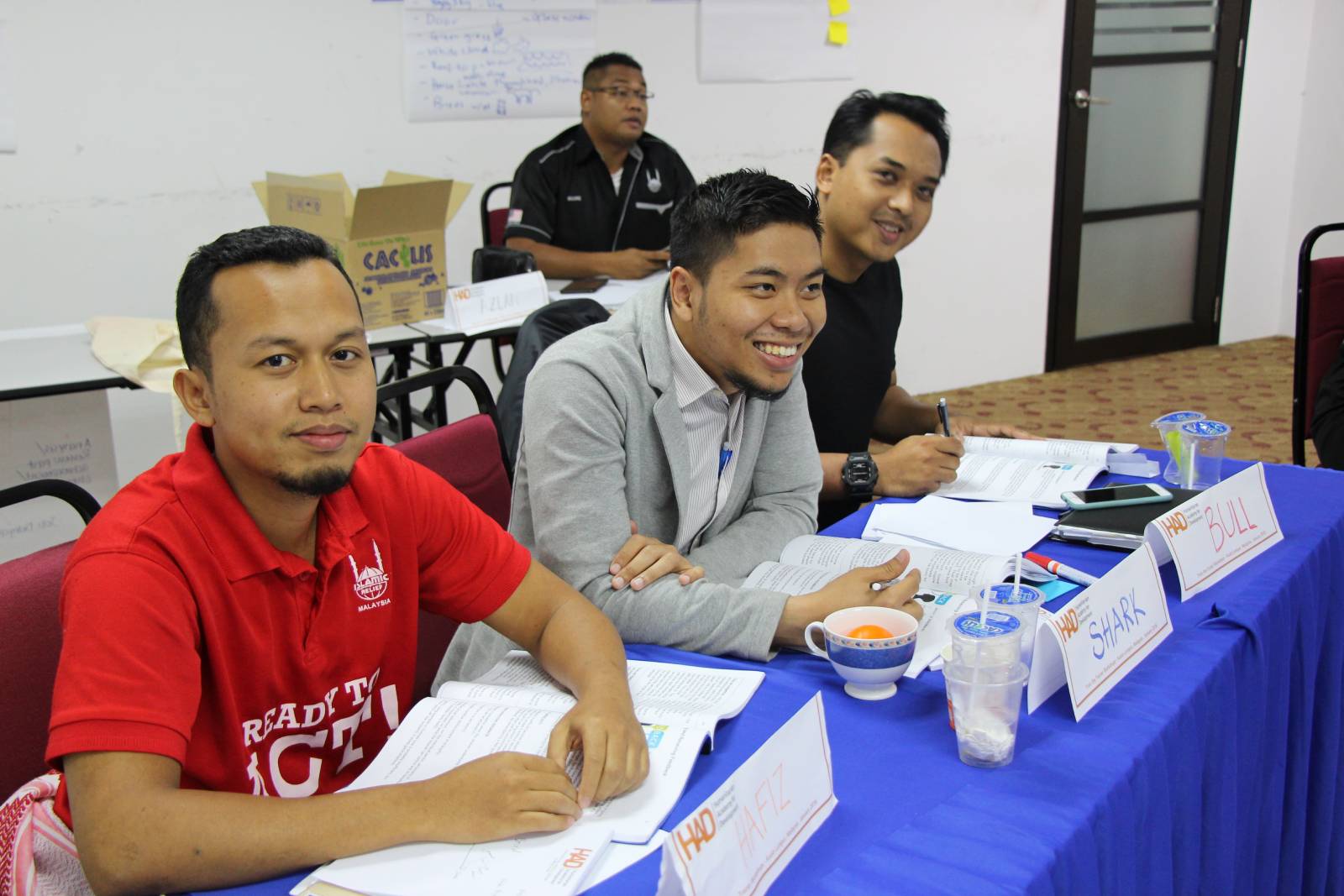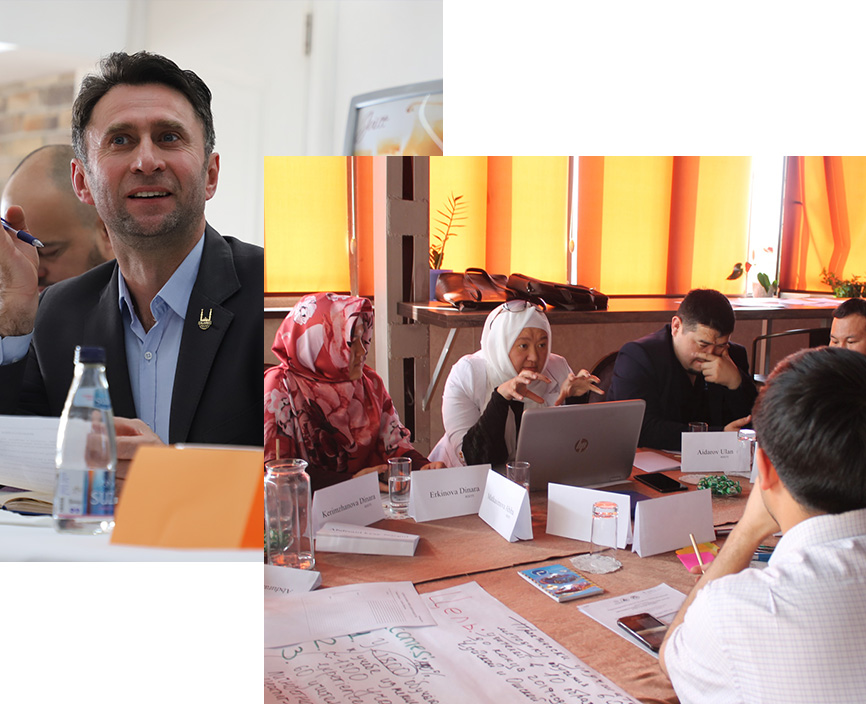Our achievements
Risk Management
Programme Overview
The purpose of risk management training is to raise basic awareness of risk management concepts and mechanisms, to enable participants to identify and manage risks and to strengthen project management through adequate forward planning of potential risks.
Main Objectives:
What will you learn?
- 1
Risk identification
- 2
Categorization of Risk
- 3
How risk management affects decision-making
- 4
Risk Status: Identifies whether the risk is potential, active, or closed
- 5
Risk Description
- 6
Risk Probability (the likelihood that the risk will occur)
- 7
Risk Impact (the effect of the project objects if the risk event occurs)
- 8
Risk Score (determined by multiplying the risk probability and risk impact)
- 9
How to Decide on ‘Agreed Response’
- 10
Elements of a Risk Mitigation Plan in humanitarian contexts
- 11
Developing a Risk Mitigation Plan

L&D Team
The Learning and Development team have extensive experience in providing this training course and are well equipped with taking your skills to the next level. Our team have designed this specifically for the needs of NGO and charity sector. Be it at our bespoke training centre in Birmingham or via our new virtual space, we can support you with techniques that suit your learning style.

By mobilising subject matter experts HAD are empowering trainers within other communities to equip themselves with the skills to effectively transfer them through training that is retained.










